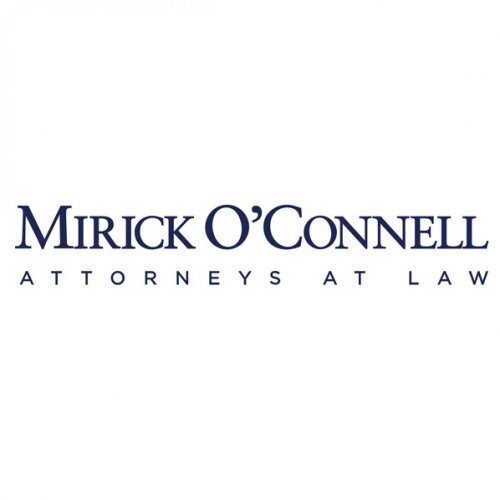Best Bankruptcy Lawyers in Worcester
Share your needs with us, get contacted by law firms.
Free. Takes 2 min.
List of the best lawyers in Worcester, United States
About Bankruptcy Law in Worcester, United States:
Bankruptcy law in Worcester, Massachusetts encompasses legal proceedings involving a person or business unable to repay outstanding debts. It starts with a petition filed by the debtor, which is most common, or on behalf of creditors, which is less common. All of the debtor’s assets are measured and evaluated, and the assets may be used to repay a portion of outstanding debt.
Why You May Need a Lawyer:
There are several situations where you might require legal advice when dealing with bankruptcy. These include understanding the complex paperwork and procedures, representation in court, and providing advice on whether to file for bankruptcy and what type is suitable for your circumstances. Additionally, a lawyer can help you understand your rights and the implications of bankruptcy on your future.
Local Laws Overview:
In Worcester, the bankruptcy process falls under Massachusetts state law and is handled by federal courts. Key aspects of the law include the means test to determine eligibility for Chapter 7 bankruptcy and the requirement for debt counseling prior to filing. For Chapter 13 bankruptcy, setting a feasible repayment plan is necessary. Homestead exemption is also significant law in Massachusetts, which allows you to exempt up to $500,000 of your home's equity.
Frequently Asked Questions:
1. What are the different types of bankruptcy I can file?
Commonly, individuals file for Chapter 7 or Chapter 13 bankruptcy. Businesses typically file for Chapter 7 to liquidate or Chapter 11 to restructure.
2. How long does a bankruptcy stay on my credit report?
Chapter 7 bankruptcy can remain on your credit report for up to 10 years, while Chapter 13 bankruptcy stays for up to 7 years.
3. Can all debts be discharged in bankruptcy?
No, certain debts like student loans, alimony, child support, and some tax debts cannot be discharged in bankruptcy.
4. Will I lose all my property if I declare bankruptcy?
Not necessarily. Many debtor’s assets are protected in bankruptcy by exemptions like the homestead exemption in Massachusetts.
5. What is the process of filing for bankruptcy?
First, you'll go through credit counseling. Then, you or your attorney will file a petition and supporting schedules with the bankruptcy court. Creditors will then meet, and a repayment or liquidation plan is approved by the court.
Additional Resources:
The United States District Court, Massachusetts Bankruptcy Court, and American Bankruptcy Institute can be good resources. Also, you can consult the National Association of Consumer Bankruptcy Attorneys and the Massachusetts State Bar Association.
Next Steps:
If you need legal assistance in bankruptcy, start by hiring a local bankruptcy attorney. Ensure they are familiar with the local and state laws. Next, collect all pertinent financial documents and discuss your situation in detail with your attorney to choose the best course of action.
Lawzana helps you find the best lawyers and law firms in Worcester through a curated and pre-screened list of qualified legal professionals. Our platform offers rankings and detailed profiles of attorneys and law firms, allowing you to compare based on practice areas, including Bankruptcy, experience, and client feedback.
Each profile includes a description of the firm's areas of practice, client reviews, team members and partners, year of establishment, spoken languages, office locations, contact information, social media presence, and any published articles or resources. Most firms on our platform speak English and are experienced in both local and international legal matters.
Get a quote from top-rated law firms in Worcester, United States — quickly, securely, and without unnecessary hassle.
Disclaimer:
The information provided on this page is for general informational purposes only and does not constitute legal advice. While we strive to ensure the accuracy and relevance of the content, legal information may change over time, and interpretations of the law can vary. You should always consult with a qualified legal professional for advice specific to your situation.
We disclaim all liability for actions taken or not taken based on the content of this page. If you believe any information is incorrect or outdated, please contact us, and we will review and update it where appropriate.








